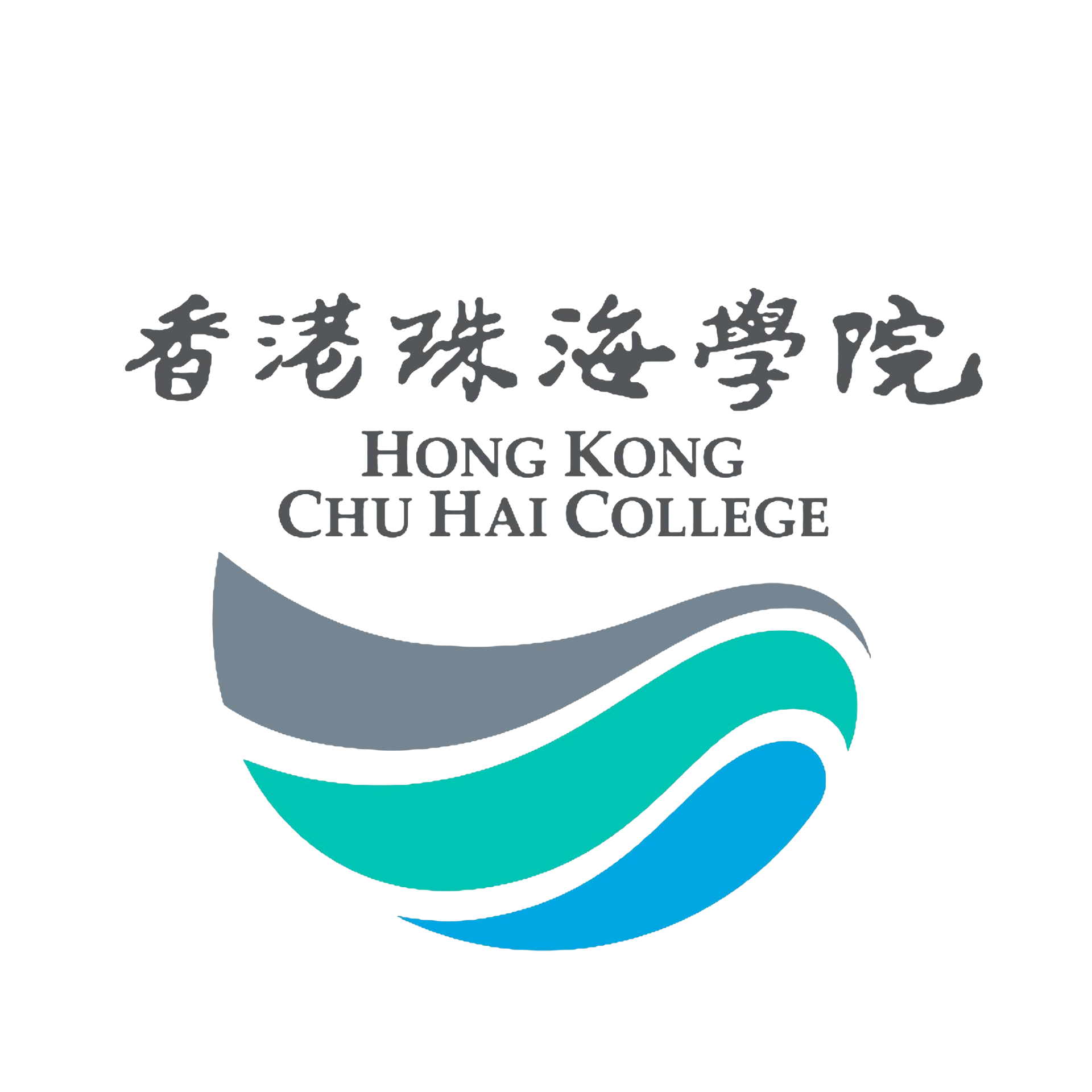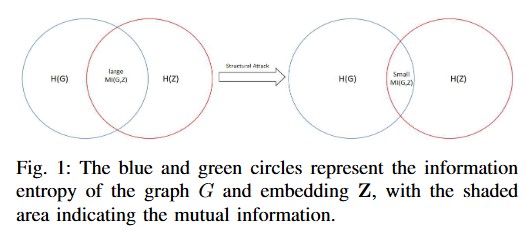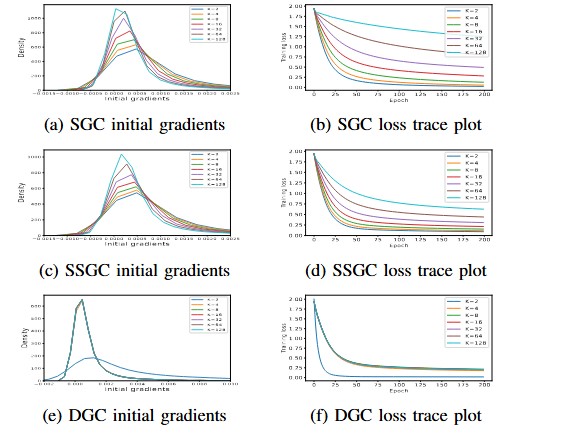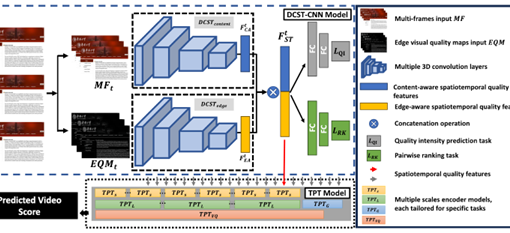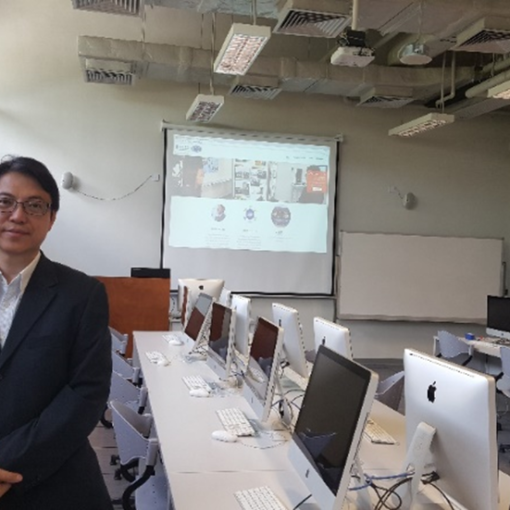(SEP 2014) Programme for the Enhancement of Research Capacity in Sustainable Systems and Technologies, Prof. C.N.Chang (Principal Investigator), Prof. W.L.LO (Co-Investigator) CS Research Group Leader, Dr. Hong FU (Co-Investigator), RGC IDS Hong Kong, UGC/IDS13/14, HK$13,767,934, 01 January 2015 – 31 December 2017)
Abstract
Building upon more than half a century of experience in providing quality tertiary education, the Chu Hai College of Higher Education (the College) has been undergoing significant transformation to meet the demand for a knowledge-base economy of the 21st century since the Hong Kong Council for Academic Accreditation (HKCAA, now known as Hong Kong Council for Academic and Vocational Accreditation, HKCAAVQ) confirmed the granting of accreditation status to the College in early 2003. Recently, the College had also completed two Programme Area Accreditation exercises (self-accrediting status exercises), further signifying the quality of its delivered degree programmes. Further supports from the Government for the College to construct a new campus at Tuen Mun East Castle Peak Bay has also marked an important stage of its educational development to better serve the Hong Kong community.
In this project, a research capacity enhancement programme is proposed that could enable the College realise its long-term mission and vision as one of the outstanding and influential universities in targeted fields of pursuit by treating research and teaching as equally vital. The proposed programme emphasising research on sustainable systems and technologies takes the advantage of adopting an interdisciplinary approach to combining various research efforts being engaged in the architecture, civil engineering and computer science fields under the Faculty of Science and Engineering, in which the study on environmental sustainability is identified as a key strategic area of development for the College. The main focus is to improve and promote relevant research activities, so as to help the College to gain better standing in pursuing excellence in such targeted field of study.
Four research themes are identified for the proposed programme, encompassing architectural design modelling and simulation, environmental monitoring, materials technology, and intelligent sensing and computing technology. The Faculty of Science and Engineering of the College will boost the support for these themes in specific research landscape through establishing core facilities and equipment with the state-of-the-art information and communication technology, such that a sophisticated and integrated research environment can be provided for the Architecture, Civil Engineering, and Computer Science Departments. Moreover, the infrastructure for supporting research will be strengthened by recruiting an administrative and technical supporting team to assist faculty staff to carry out their investigations. The supporting team will also help plan and organise a series of scholarly activities to facilitate information sharing and exchange with the academic and the research communities.
In a long run, the enhancement of research capacity for the Faculty of Science and Engineering will have a significant impact on the future development of the College with respect to achieving its goal of becoming reputable institution of higher education in the targeted field of pursuit. For more immediate benefits, it is envisaged that the project will contribute greatly to the development of a research centre for sustainable systems and technologies within the College. Such a research centre will play an important role in promoting interdisciplinary research activities and enabling the development of new architectural design, civil engineering and computer science curricula to educate a new generation of scientists, engineers and architects capable of incorporating designs and processes associated with sustainability concepts.
